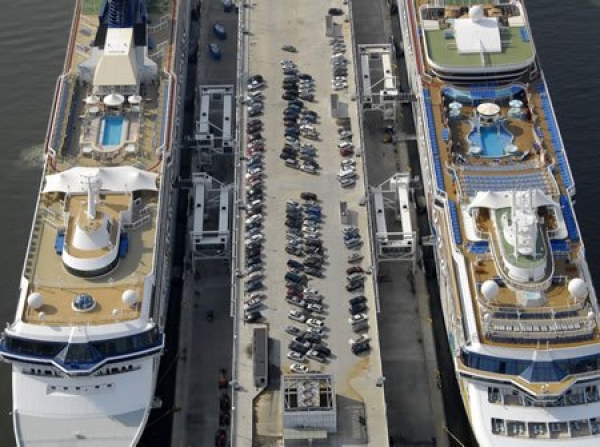Concession contracts are widely used to structure the relationship between public managing bodies of ports who own the land and terminal operators who are granted the right to exploit the land for an agreed period of time. Academic literature primarily discusses concession contracts related to cargo terminals. However, common arrangements in concession contracts for cargo handling services may or may not work in a cruise setting.
PortEconomics co-directors Theo Notteboom and Thanos Pallis, together with Grace Wang (Department of Maritime Administration, Texas A&M University, Galveston, US) presented a methodological study, titled ‘Incentives in Cruise Terminal Concession Contracts’, with three sections in order to contribute to the literature on concession contracts and to seek a meaningful application to cruise ports, during the annual conference of the International Association of Maritime Economists – IAME 2014, that was held in Norfolk, Virginia, USA.
In their study, first, outlined the conflict of interests between port authority and the contracting parties. Due to asymmetric information, terminal operator might engage in activities that are undesirable from a port authority’s standpoint after the concession agreement is signed. A conflict over which actions should be taken might emerge.
Second they used the Port of Galveston located in Texas to show the existing incentive mechanism. Assignment and renewal of berth and terminal use, fees, and the minimum passenger guarantee are discussed. Lastly, they established the survey content based on the case study. Survey results can be incorporated into a game theory to model cruise lines’ behavior.












